Ensure assessments are aligned with learning objectives from "summary" of Hacking Assessment by Starr Sackstein
When creating assessments, it is essential to ensure that they are aligned with the learning objectives set forth for the students. This alignment is crucial in order to accurately measure whether or not students have met the intended learning goals. If assessments are not aligned with the objectives, then they may not provide an accurate reflection of a student's knowledge or skills. To ensure that assessments are aligned with learning objectives, it is important to carefully review and analyze both the objectives and the assessment tasks. This involves examining the specific skills or knowledge that students are expected to demonstrate, and then designing assessment tasks that directly assess these areas. By doing so, educators can ensure that their assessments are accurately measuring whether or not students have achieved the intended learning goals. One way to ensure alignment between assessments and learning objectives is to create assessments that require students to demonstrate the skills or knowledge outlined in the objectives. For example, if a learning objective is for students to be able to analyze a piece of literature, then the assessment task should involve some form of literary analysis. This way, the assessment directly measures whether or not students have met the specified objective. Another strategy for aligning assessments with learning objectives is to use a variety of assessment methods. By using different types of assessment tasks, educators can ensure that they are capturing a comprehensive view of student learning. For example, a combination of written tests, projects, and presentations can provide a more holistic assessment of student achievement than any single method alone.- Ensuring that assessments are aligned with learning objectives is essential in order to accurately measure student achievement. By carefully analyzing the objectives and designing assessment tasks that directly assess the specified skills or knowledge, educators can create assessments that provide valuable insights into student learning.


